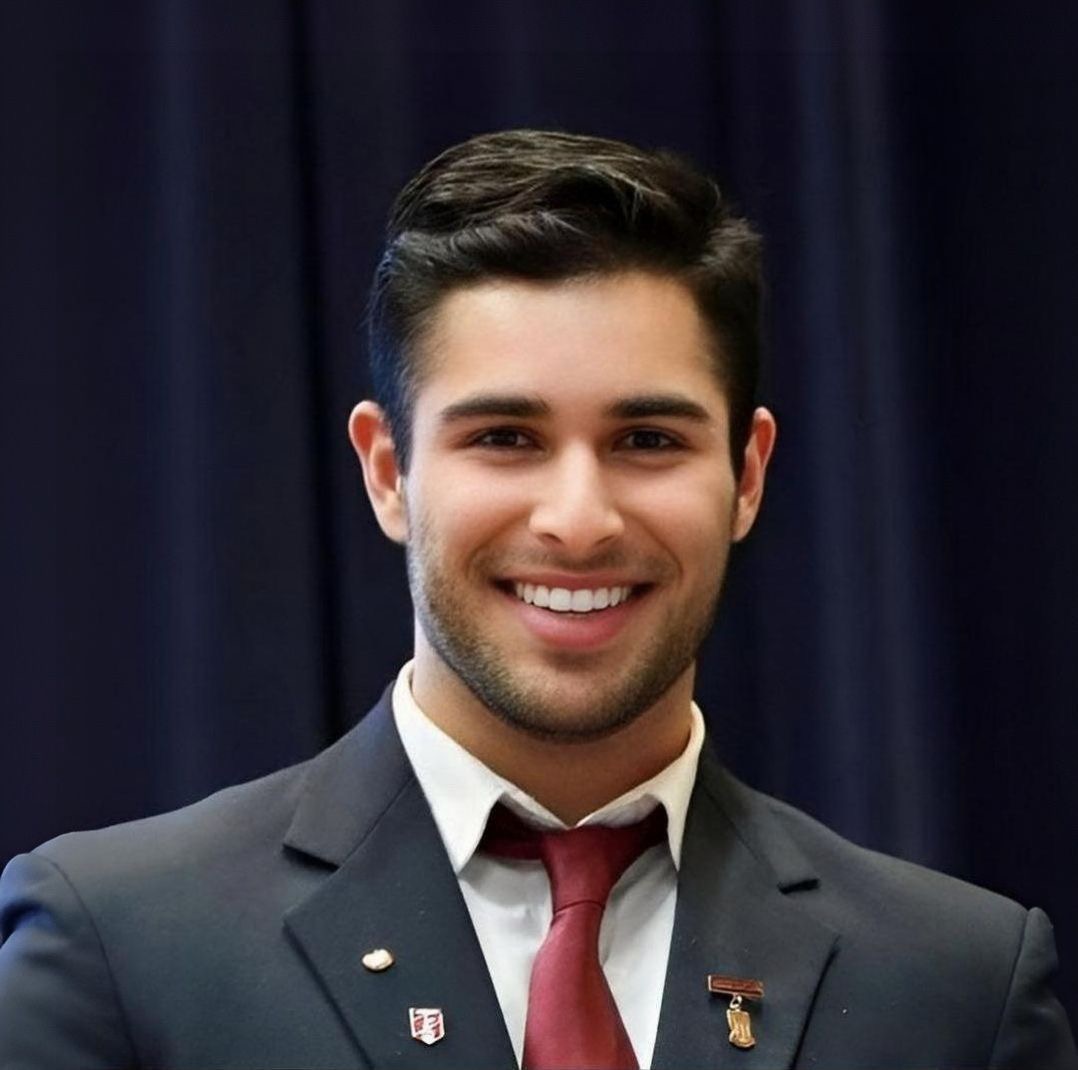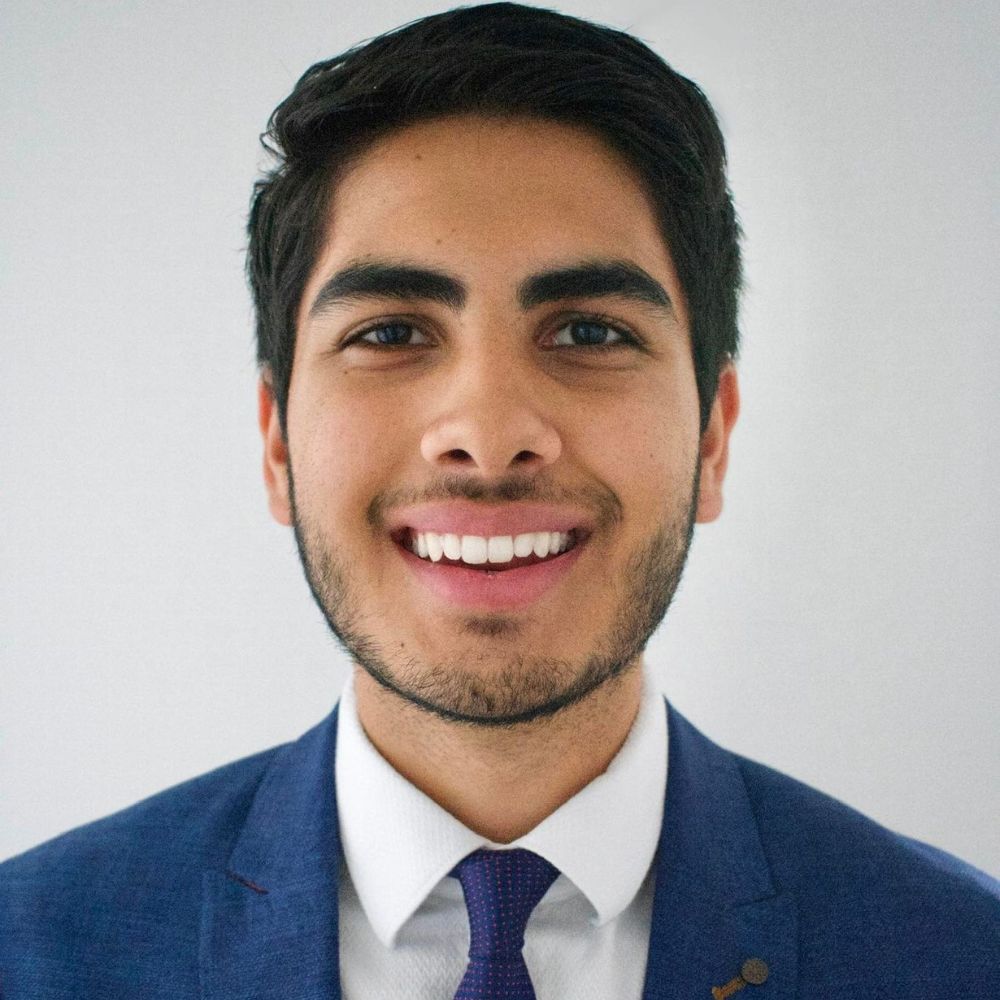SUBJECT SPECIALISATION: English, Writing, Math, Thinking Skills & Trial Test.
- Courses
Year 2-8 tutoring, available online
Select a year to see courses
Year 3
A fundamental course designed to empower students in their early academic journey.Year 4
💻 Enjoy the convenience and flexibility of our online OC classes that can be accessed anywhere at any time.
Year 5
Improve your English, Writing, Math, and Thinking skills with our all-in-one intensive selective test preparation! 📚💪Year 6
Improve your English, Writing, Math, and Thinking skills with our all-in-one intensive selective test preparation! 📚💪Year 7
Our intensive program to jumpstart your High School Success. 📚🔥High School
High School
Accelerate your learning and achieve academic success with our HSC preparation program.High School General Year 7-9
Year 8
Year 9 & 10
Year 11
- Enrol Now
- News
- Login
- Results
My favourite subject to teach is maths because I like the wide variety of topics and real life applications.
“Everything happens for a reason"
“Everything happens for a reason"

My favourite subject to teach is English because it allows students to individually think about the similarities, differences, and nuances across text types
"Let us read and let us dance; these two amusements will never do any harm to the world” - Voltaire
"Let us read and let us dance; these two amusements will never do any harm to the world” - Voltaire

My favourite subject to teach is English because I love to help others understand the great impact that words have on informing and shaping our lives. Similarly, I enjoy teaching reading and comprehension as analysis skills are essential to understanding how the world operates.
“Perfection is not attainable but if we chase perfection we can catch excellence"
“Perfection is not attainable but if we chase perfection we can catch excellence"

My favourite subject to teach is English because there is so much we can learn as humans from poems, novels and plays.
"How do you eat a whale? One bite at a time."
"How do you eat a whale? One bite at a time."

I love teaching mathematics because it develops logical thinking and problem-solving skills that are essential in everyday life.

My fav subject to teach is writing because how to express our thoughts. I enjoy teaching english because there is no right or wrong answer and you can be creative.
"A sentence is the final manifestation of everything we believe in" ~ Sid
"A sentence is the final manifestation of everything we believe in" ~ Sid

My favourite subject to teach is Science because there is an endless world of knowledge to discover in the natural world around us.

My favourite subject to teach is English because it gives power for us to express our creativity through writing
Jaegwon Chang
My favourite subject to teach is thinking skills because it’s very interesting to understand how human reasoning is flawed and why it’s tricky to answer logic problems. I enjoy teaching because of my interest in the psychology of optimising learning and performance. I like teaching kids because they have a happy positive energy . When managed properly , Children are highly engaged and curious .




16 thoughts on “Week 4 Writing Homework”
Imagine a life where kids under 13 are banned from having their own social media accounts. How would you feel if you cannot have your own social media accounts to use Facebooks or Instagram to see the instant feeds posted by your friends? This kind of life must be extremely dull and miserable. So, I wholeheartedly think that kids under 13 should be allowed to have their own social media accounts as they can develop digital literacy skills, broaden their worldview from an early age, continue their learning from home in special circumstances and maintain connections with distant family and friends.
Consider if we deprive kids under 13 of the opportunity to learn digital literacy skills if they are banned from having their own social media accounts? Since we are living in this digital age, having their own social media accounts in an early age can help them develop crucial digital literacy skills, preparing them for a future where online competence is increasingly important. For example, kids under 13 are not too young to learn important digital literacy skills such as online safety, cyberbullying prevention, understanding online privacy settings, creating strong passwords with digital tools and reporting suspicious online activities.
Another reason is that it can broaden children’s worldview from an early age if we allow kids under 13 to have their own social media accounts. American research has shown that 70% of children under 13 years old use social media to learn about different cultures and viewpoints throughout the whole world. As long as they are properly guided in using social media, this early exposure can spark children’s creativity and new ideas, potentially broadening their worldview from an early age.
Moreover, it is fair to prevent kids under 13 from having their social media accounts for online learning due to circumstances beyond their control? For example, during mandatory isolation due to COVID-19, children under 13 who have their own social media accounts made online learning from home possible and easier. Additionally, it also allows them to use their social media accounts to maintain connections with family members, relatives and friends overseas.
In conclusion, kids under 13 should definitely be allowed to have their own social media accounts. This will allow them to develop digital literacy skills, broaden their worldview, continue their online learning from home in special circumstances and maintain connection with distant family and friends. As long as they are properly guided by their parents in using social media, they should be allowed to have their own social media accounts so that they can be trained from an early age to become the children of the 21st century.
FEEDBACK
Benjamin Lee
Too Young to Scroll? The Debate on Kids Under 13 and Social Media
Have you ever seen a child glued to a screen? Have you watched their finger move as they scroll from video to video? Have you witnessed an adult give in and hand their phone to them? These are only some points of why I believe Social Media can have a negative influence on kids, as it is irresistible to children, conveys possibly wrong information, data privacy risks, cybersecurity concerns, and age restrictions that aren’t followed.
The allure of social media is irresistible to some children, as they believe online peers, friends and family are living a secret life without them knowing. Pressure to fit in to new schools, be the same as anyone else, and the fear of missing out (FOMO) empowers children even more to be on technology and Social Media. The desire to be heard, become popular, and be proved right is something that happens in many schools, as children want friends, they like to be correct (they sometimes argue about that at home), and may desire different things from adults (For example, some children don’t want to go to school) since we are still developing.
Social Media connects and communicates with far away friends and family, but talking with technology may feel impersonal, slightly uncomfortable, and screen time seems to take away from actually chatting together. The ‘diverse’ perspectives online can be biased, and things previously searched can create an echo chamber, where you only see information from your point of view. Information can also be wrong, falsely said, and doesn’t reflect on what happens in reality. Influencers, as the name suggests, can influence decisions, post clickbait which misleads people, and steal money from you with links, attachments, and even from buying their merchandise!
Cyberbullying is an essential factor in online enjoyment or not. Technology and Social Media makes bullies feel welcome, since they’re secret and hard to hunt down. Children are also very naïve of data, and don’t really care where their information goes or what their digital footprint can do to their technology. Inappropriate content can affect how children develop and grow, but can also negatively impact it by giving kids a lasting mental impression.
However, parents and caretakers can help children handle Social Media properly, which can make kids learn if taught correctly. An equal balance between limiting screen time and respect for their independence can positively affect juveniles. Some ways you can do it is by prioritising face to face talking, set boundaries, and educate them about the diverse reality out there than the limited space online. Overall, Social Media can have a downhill consequence for kids under 13, and it should be restricted and age limits sterner. Though good if accurately tutored, Social Media should not be available for youngsters because of privacy issues, online bullying, and addiction.
FEEDBACK
b34fdream
Should kids under 13 be allowed to have their own social media accounts?
Social media platforms has become a crucial part of our lives, but children under 13 having their own social media accounts is still a major problem. Social media offers a digital platform for children to communicate, however, it can also cause things like cyberbullying. Not only does it cause cyberbullying, but also many other risks that outweigh the benefits of social media.
One of the most important concerns is cyberbullying. Being anonymous, bullies will grow stronger, exposing children to harassment that can affect their everyday lives largely. Children are usually not mature enough to endure this, thus resulting in long term health issues.
Furthermore, children’s understanding of data security is limited. They may share private information while being unaware, or even do it just because someone online told them to do so. This could create unsafe digital footprints, that could lead to future repercussions. This naivety makes them too vulnerable to be using social media platforms.
Another significant issue is the impact on children’s developing self esteem. The quest to obtain a certain number of likes of comments can depress children, building their stress and creating unhealthy pressure. This, combined with the impact of popular media influencers, may distort children’s views of reality and their self worth, along with problems about self acceptation.
While proponents argue that knowledge and digital literacy can be enhanced, these skills can be developed in a safer, controlled way. Although it seems restrictive, educational platforms and other online activities can be monitored to help reduce the risks and provide more benefits.
Instead of hurrying to provide children with a social media account, we should stop and educate children about digital citizenship. This includes recognising cyberbullying and learning to navigate the online digital world safely.
In conclusion, while social media has had a positive impact of modern society, children under 13 should be taught to handle social media responsibly, learning to navigate the world safely. By delaying social media use, we can create a safer and better environment online, building a strong foundation of digital citizenship for children, keeping them safe for further online activity in the future.
FEEDBACK
Nancy Wang
Should children under 13 have their own accounts?
Have you ever wondered why many young children get harassed or cyber bullied? This is the effects of having their own social media accounts. Many people use social media for entertaining others and posting stuff they believe that will make them popular. Many times, this fails. And when it fails, people get bullied.
Many people are extremely addicted to social media and can’t live a day of it. It is ok to watch social media if you’re under 13 but, creating an account? No way. You might be asking, why is it ok for children to watch social media? Have you ever thought of YouTube? There are many educational videos on YouTube to help you learn and grow.
However, creating a social media account is way too far out. Young children may accidentally include their own name into their account and create an easy password such as ‘1234567’ these passwords are vulnerable to hackers and they might steal personal information about you.
However, if you have an education account created by your school, don’t delete it! They have firewall security and internet at the edge to keep you save. They will block suspicious websites and safe search. In safe search, they will cover up any image that contains inappropriate images like pornography.
My friend, Ryan, who is ten years old, created a discord account called CoralAcrobat61. He was cyberbullied twice and was forced to delete his account. This is why many of us children aren’t armed for the social media world.
FEEDBACK
Jayden Pan
Should kids under 13 be allowed to have their own social media accounts?
Ave you ever felt isolated that you aren’t allowed to use a device, and also having a fear of missing out on the internet? The fear on missing out driver many kids to seek social media access, as they believe their peers are living exiting lives online that they’re not part of, which is exactly why social media is a huge part of the community. For instance, many people have relatives living in a different country-they can use WeChat to have a chat with them! Or, you can use social media for educational things, like learning maths and English! There are endless ways to use social media with. Social media platforms offer a digital captivates people, providing instant gratification and a sense of belonging that can be irresistible to children. It also provides a canvas for self-expression. Offering tools to show case their personality and creativity in ways that feel empowering and validating. It is also a way to entertain ourselves by watching funny videos or things that interest yourself like viral content provided by an influencer.
On the other side, social media also have downsides which outweigh the good points. These might include cyberbullying, inappropriate content, clickbait, and phishing. There are millions of people have been targeted on these things and had their information and money stolen.social media had been used the most when it comes to hacking, or fraud. This is because people can send messages with links sending them into a website where people put in their personal information. The other downsides are cyberbullying and inappropriate content. Cyberbullying can pressurise the target and make him/her have less courage, alongside some terrible long- term mental issues. With that said, inappropriate content can make people gain puberty faster, and would also make them act differently then if they didn’t watch inappropriate content.
Even though the risks outweigh the benefits, you can turn social media from a bad and unhealthy thing, to a beneficial and productive thing! Here are five tips on how to use social media beneficially:
1. Don’t use easy passwords to your account like 246810, because they are extremely vulnerable to hackers and they might steal personal information about you.
2. Set a virus protection to protect you from computer viruses and malware.
3.take a break from the device every hour.
4. Block any inappropriate content that is not suitable for your age.
5.block anyone who cyberbullies you or sends you links for you to put in personal info.
After following all these steps you may think of social media as a useful tool that can do anything you desire on the app.
In conclusion, I think children under 13 are not even to using social media. No way ima going to let my children use social media when i grow up. Children under 13 are to young and are very vulnerable to hackers as they are very gullible to traps and scams. They are also to young to be watching inappropriate things and can also be cyberbullied in chats.
FEEDBACK
_Ian Xu
n
wk9 hw t3
FEEDBACK
Jess Zhang (1)
The Debate on Kids Under 13 and Social Media
The world’s most important things to parents and some children. Something that they are always are glued on, yes we all know. It’s Social media. Most children are getting too negatively attracted to the appealing video’s not knowing the long terms effects to their mentality. These are the following reasons why I wholeheartedly believe that social media should not be allowed for 13 years and under. They will get attracted too much and not do any work creating them to fail in life, children under 13 will spend money on something useless, and people will cyberbully on any social media platform.
One of the major problems is that they can fail in life. Children 13 and under, are not mature enough to listen immediately to parents or guardians and if the guardian can’t stop them, then they will get addicted too much. An example is that my friend is always on discord even though she is doing online class. The first time she was on discord was when her friends told her about it on the bus. She was so excited to see the app and chat to all her friends (This was 6 months ago). The second she got on the app, she chattered constantly and could never stop even though she wanted to. Now she is still chatting however she is not doing well in life.
Moreover, people are paying money and receiving nothing, even though the person seemed kind or looks kind.
There are people who are greedy and want money, that is the reason why there is adds and clickbait’s that try to capture your attention. Scammers are all over the world trying to make you pay on social media. If their voice is disguised or the adds they make, will enthrall children’s eyes. Children don’t have many experience to scammers and will not know the long term effects.
Last but not least, there is cyberbullying. Rarely anyone has good digital citizenship on social media. There is some extremely rude people with disgusting behaviour, that hurts people’s feelings or embarrasses them. Strangers are trolling on social media platforms to try to make them famous. When they are not getting famous, cyberbullying starts. People swearing on social media or calling people bad names can have bad effects. The person might be reported if that social media has high technology but not many social media’s are like that. The worst things could happen, like, you kill yourself or you never go in public because the harassment they do on the website.
In conclusion, you should agree with me that social media platforms should not be used by kids 13 or under because they will get addicted, they will pay money but receive nothing and there is cyber bullying. So what are you waiting for? If you are 13 or under on a social media platform then get off it immediately and if you are a parent, limit screen time.
FEEDBACK
Jayden Li
Did you know that over 4.6 billion people use social media? These helpful platforms can help you learn, connect and entertain but it could also be negative. Do you think 13-year-old and under should be allowed to have their own social media accounts? I strongly believe they should not. Let me tell you some reasons why.
Firstly, sometimes there can be inappropriate videos online. It can change a child’s mood and behaviour. For example, your child sees a section of a movie that has physical violence and copies it by hurting someone. In a video, when everyone else gets something (actually only a few people have it) but you don’t have it, it can make your child unhappy. These examples can change your child’s mood and can also shift their behaviour.
Furthermore, not only can social media impact a child’s mental health, it could also impact their physical health. Too much screen time can lead permanent damages to your child’s eyes, leading to them wearing glasses. While scientists recommend children under 13 should watch around 30 minutes of screen time every day (not including school), children often spend much more time on social media watching viral content. Not only are your eyes are very important, children should also spend time outdoors.
In addition, there are also lots of scams. Kids may unknowingly click into a phishing link and it can reveal personal information which leads to bad actors stealing your money. For instance, personal information could be where you live or your phone number. A geotag can also uncover your identity by sharing pictures of you online.
Finally, there is cyberbullying on social media. Your child may not tell you that they got bullied. It is when someone threatens or says something mean to you over and over again. These could include mean messages such as “no one likes you.” It can also change the behaviour of your child. They can feel depressed or scared.
In conclusion, I believe you must not have social media accounts for children under 13 years old because there are scams, inappropriate videos, cyberbullying and also it is bad for their health. Parents, take away those annoying little phones from your child and tell them to do something more productive!
FEEDBACK
Vivian Kweh